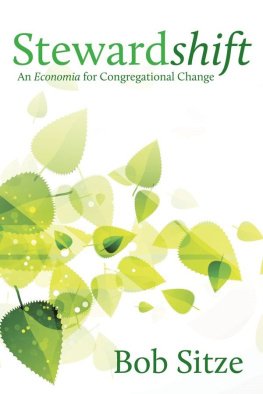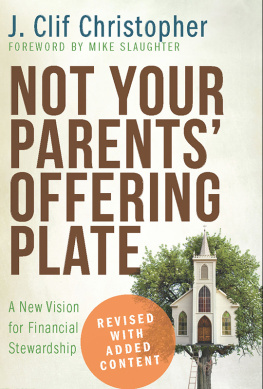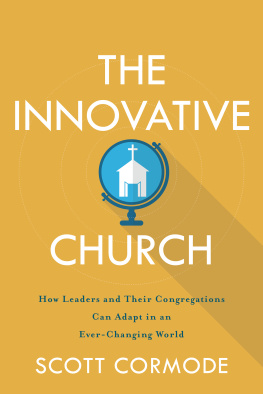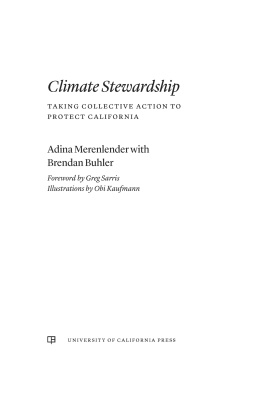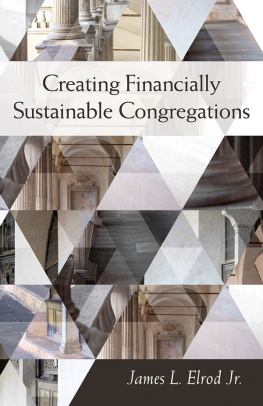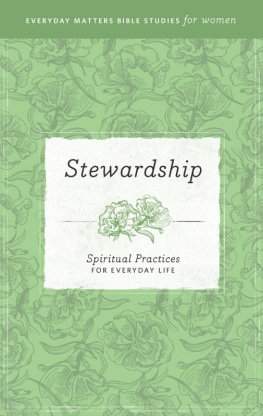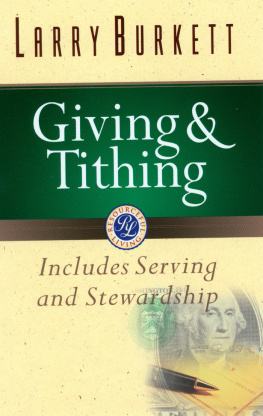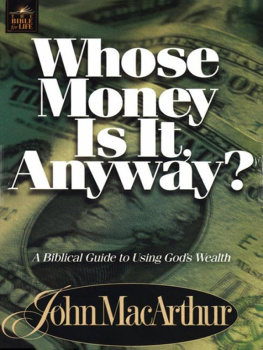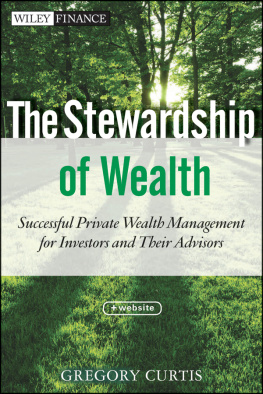

Bob Sitze

Copyright 2016 by Bob Sitze
All rights reserved. No part of this book may be reproduced, stored in a retrieval system, or transmitted in any form or by any means, electronic or mechanical, including photocopying, recording, or otherwise, without the written permission of the publisher.
Unless otherwise noted, the Scripture quotations contained herein are from the New Revised Standard Version Bible, copyright 1989 by the Division of Christian Education of the National Council of Churches of Christ in the U.S.A. Used by permission. All rights reserved.
Scripture quotations marked (CEV) are from the Contemporary English Version Copyright 1991, 1992, 1995 by American Bible Society, Used by Permission.
Scripture quotations marked (KJV) are from The Authorized (King James) Version. Rights in the Authorized Version in the United Kingdom are vested in the Crown. Reproduced by permission of the Crowns patentee, Cambridge University Press.
Morehouse Publishing, 19 East 34th Street, New York, NY 10016
Morehouse Publishing is an imprint of Church Publishing Incorporated.
www.churchpublishing.org
Cover design by Jennifer Kopec / 2 Pug Design
Typeset by Rose Design
Library of Congress Cataloging-in-Publication Data
Sitze, Bob.
Stewardshift : an economia for congregational change / Bob Sitze.
pages cm
Includes bibliographical references.
ISBN 978-0-8192-3191-8 (pbk.)ISBN 978-0-8192-3192-5 (ebook) 1. Christian stewardship. 2. Christian giving. I. Title.
BV772.S58 2016
248'.6dc23
2015030332
To Betty Nyhus (+), whose cherished mentoring first compelled
me to seek the inner core and power of stewardship.
(Her legacy continuesthe work is not yet done.)
I ve had this book in mind probably since I was a teenager. Not its writing or its outcomes, but its content, stewardship. My parents taught me well in matters of gratitude, generosity, simple living, environmental care, and charity. From their example, I learned about tithing and love of the natural world. From their congregational leadership, I learned about the intricacies of church life, including their understanding of the ministry of pastors. I chose a church vocation because of my parents stewardship of stewardship.
When I started my career as a parochial day school teacher, though, I first encountered what seemed to be inconsistencies, or at least weaknesses, in some of the practices and doctrines around stewardship. (I remember wondering out loud in a budget meeting why my salary and benefits were transparent to congregation members but their salaries and budgets remained private, out of sight, none of the churchs business!) I was uneasy with the interpretations of stewardship texts that just didnt make sense to me.
I got the feeling that stewardship theology and practice had been cemented in place over the centuries, best not questioned or tinkered with.
Early in my work as a freelance curriculum writer, I was asked to write a Sunday school course for sixth graders on the care of creation. As part of my research, I spent a day with staff members of the Sierra Club. What emerged from that series of conversations was the overwhelming realization that these secular folks had for decades been using stewardship precepts as the philosophical underpinnings of their work! They understood the varied dimensions of stewardship attitudes, behaviors, and identities without relying on scriptural proofs. And they were pushing at the boundaries of stewardship wisdom. (For example, long before neurobiologists zeroed in on the fact, Sierra Club folks were already aware that fear of deathand by extension, growing olderlikely drives the economic and environmental cancer of materialism.)
As I grew into the later stages of my careerdenominational executive, resource producer, leadership consultantI began to see that much of the churchs practice and philosophy of stewardship seemed to be bound into tight, formulaic constructs and time-honoredperhaps even time-worn?language. The same Scripture verses and stories appeared over and over again, the same conclusions drawn from their interpretation. The voices of other, possibly helpful passages seemed muted. I noticed how difficult it seemed to be, almost universally, for church leaders to find enthusiasm for stewardship ministrieslocked into annual pledge drives and time/talent/treasure verbiage. As I looked closer, a nagging possibility grew stronger: Something was missing, something wasnt working. Denominational and congregational leaders seemed to be pushing uphill an ecclesiastical stone that was vaguely disturbing or perhaps even dangerous. And their hard work didnt seem to move that metaphorical load very far uphill.
When I began working in stewardship ministries in the national offices of my home denomination, my colleagues and I explored an essential question: How could stewardship ministry in congregations become vital, exciting, and energizing? We read widely and listened carefully to leading scholars and thinkers, encountering new strands of thought about Scripture, philanthropy, and generosity. We delved into research findings, and we tried to reframe our approaches to congregationsnew methods, new languageso that they matched with realities in the pews and on the ground. We went about our stewardship leadership with emotional and intellectual honesty. We could sense a shift in the ways our denomination was beginning to approach stewardship. It felt like weand stewardship leaders in other denominationswere onto something new; stewardship could draw together the disparate elements of congregational life into realistic, reliable, and effective practices and identities.
The ecclesiastical history of the ensuing years proved us overly optimistic. With the onset of an all-encompassing discipleship theology and practice in Protestant Christianity, stewardship seemed to lose its strength as a primary organizing principle for congregational life. Its precepts and practices were subsumed into marks of discipleship and other newly minted themes and programs. Even though newer forms of stewardship theology and practice held their ground, it was apparent that stewardship was a subset of discipleship and not the other way around. Discipleship became the preeminent organizing principle underlying mature faith and congregational vitality.
One final note about the personal history that underlies the writing of this book: Early in my career, convinced that I didnt have competence in matters of daily life Christianity, I dropped out of professional church work for a period of time. During those years I worked in the world outside of church culture, living out this newfound conviction about Gods way of getting work done: In their homes, relationships, and vocations, the people of God labor to bring Gods will to bear on the world. The churchs role is to gather the people in, equip them, and send them out.
By the time I came back to professional church work, I had also learned one other important lesson: Gods people probably know more about steward ship than church leaders assume. Those of us who claim to teach lay-people about stewardship-related mattersgenerosity, money management, care of creationmight admit how little we know about Gods revelation outside of Scripture and humble ourselves to learn about stewardship wisdom from our supposed students.

